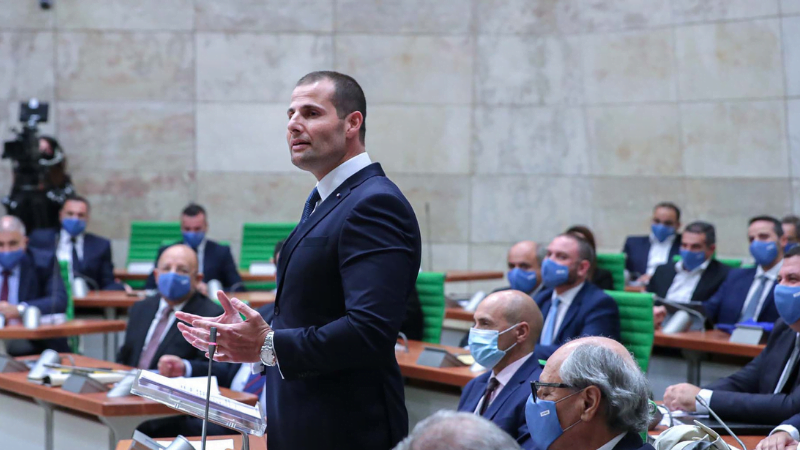The Office of the Prime Minister (OPM) has deployed a new tactic, dubbed ‘advisory cost limits’, to deny the provision of information to parliament.
In reply to a question by Opposition MP Ivan Bartolo who requested details on how much money the OPM has spent on media publicity since 2017, the prime minister replied that the information would not be provided as it would exceed the “advisory cost limit” – a term several MPs told The Shift they had never heard of before.
Only this week, Prime Minister Robert Abela insisted on the need for more transparency and good governance.
The OPM has ignored questions from The Shift to explain what the “advisory cost limit is”, when and why it is applied.
Research conducted by The Shift shows that so far, there are no set rules defining an ‘advisory cost limit’. This was also confirmed by the Office of the Speaker Anglu Farrugia, which said Abela was basing his ‘justification’ on rules which are not found in the standing orders of Malta’s parliament.
Still, the Speaker admitted there is not much that can be done to address the situation as Malta’s parliamentary rules, enacted decades ago, were never updated and do not cater for such instances where a parliamentary reply falls short.
Referring to various rulings given in the past, the Speaker of the House said he has no power to order the prime minister to give a different reply.
Farrugia confirmed that ‘advisory cost limits’ do not form part of Maltese parliamentary rules, even though such ‘limits’ do exist in other parliaments including the House of Commons.
“Speakers have sought direction on the matter from the usages and practices of the House of Commons which, while supporting the Chair’s position regarding replies to PQs, also indicate that a Minister would be justified to refuse to provide a reply if the expense to be incurred in the collation of the data required exceeds a certain limit (advisory cost limit). This limit has changed over the years and currently stands at £850 (€963),” the Office of the Speaker told The Shift.
It is unclear how the prime minister arrived at the conclusion that the gathering of details requested would cost some €1,000.
This adds to concerns about tactics being used by the government to limit access to information.
Government communications coordinators employed in every Ministry and the Department of Information regularly ignore questions from journalists who do not toe the line, while Freedom of Information requests are either refused or pass through a long bureaucratic process aimed at discouraging journalists from pursuing answers. Also, the FOI law has no provisions for any sanctions to be imposed against those who break the law.
Just a few days ago, the DOI was rapped by the Standards Commissioner for a second time for distributing partisan statements rather than acting as a public service providing important government information.
At the same time, sensitive information is regularly leaked to compliant journalists in select mainstream newsrooms to bypass embarrassing replies to questions made by other journalists, to ‘catch and kill’ potentially damaging stories.














It is all ‘ MADE IN MALTA ‘
The worst in the world.
Robert Abela is a gimmick in whatever he says and does. And Malta suffers.
Interesting, Bobby refuses to answer a question on costs, which could lead to reducing costs, because it costs too much to answer! Then one might ask, how much has OPM spent if it costs that much to give a reply? Ah yes, he cannot answer that because of cost – totally insane!